Gaming Disorder Clinical Training
Internationally accredited training on problematic and disordered gaming
rated by 598 graduates
“A jaw-dropping experience.” –Michelle Nogueira
“Useful for those working in prevention, early identification and treatment.” –Ingrid Gillespie
“This training is extremely comprehensive. It addresses the context of gaming, industry strategies, population-specific vulnerabilities and treatment approaches.” –Kim Bulger
Audience
For professionals working with people of all ages who play video games, or for those who have an interest in this emerging field.
Date and Time
Rolling admissions - Start today!
Cost
$498 - see pricing and group rates.
Our reviews from graduates all over the world
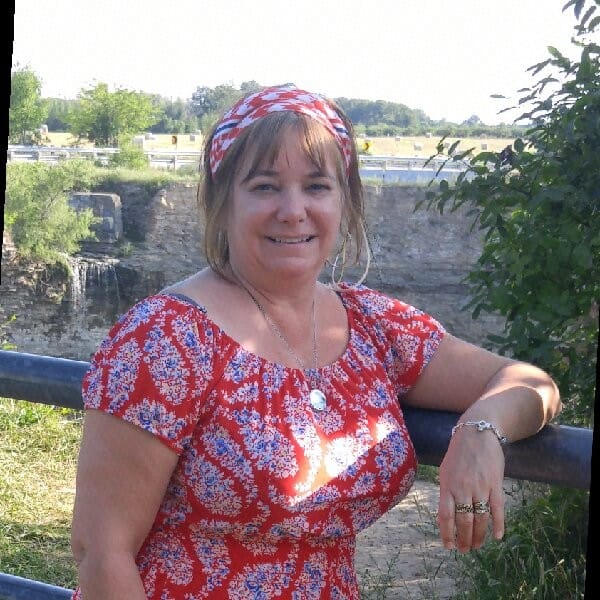
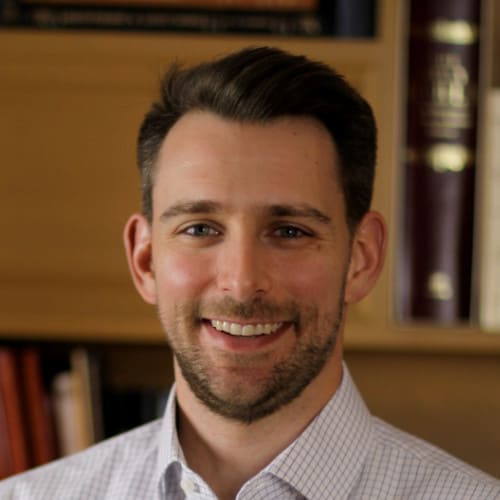
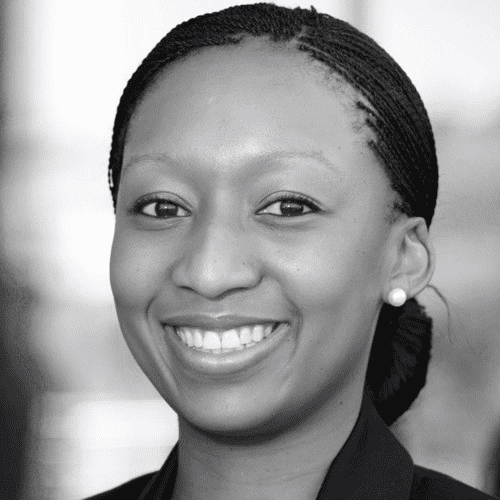
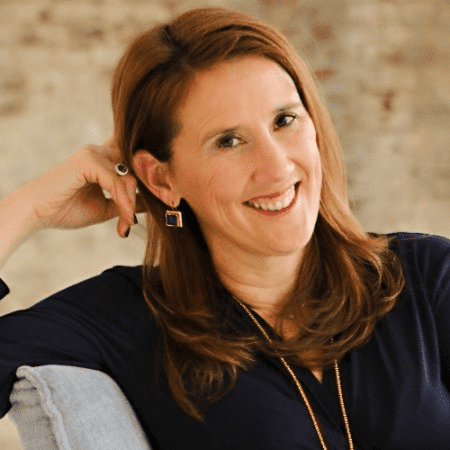

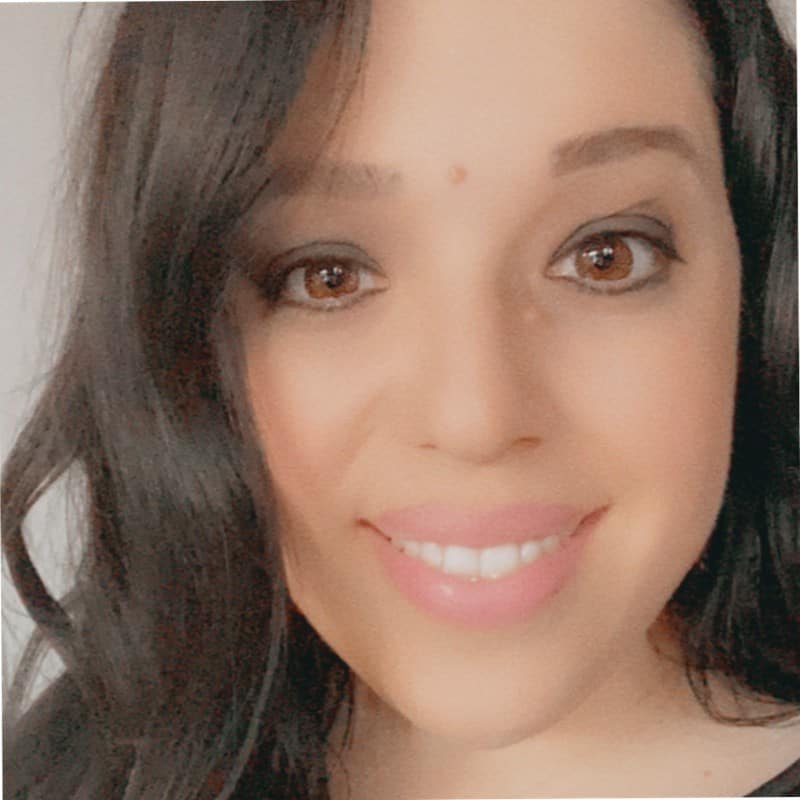
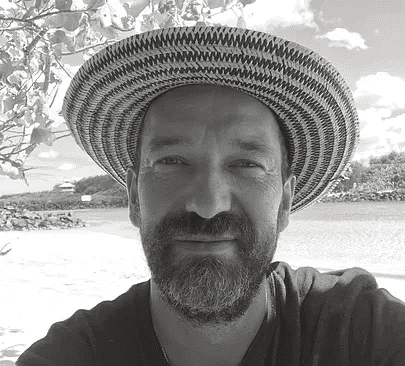
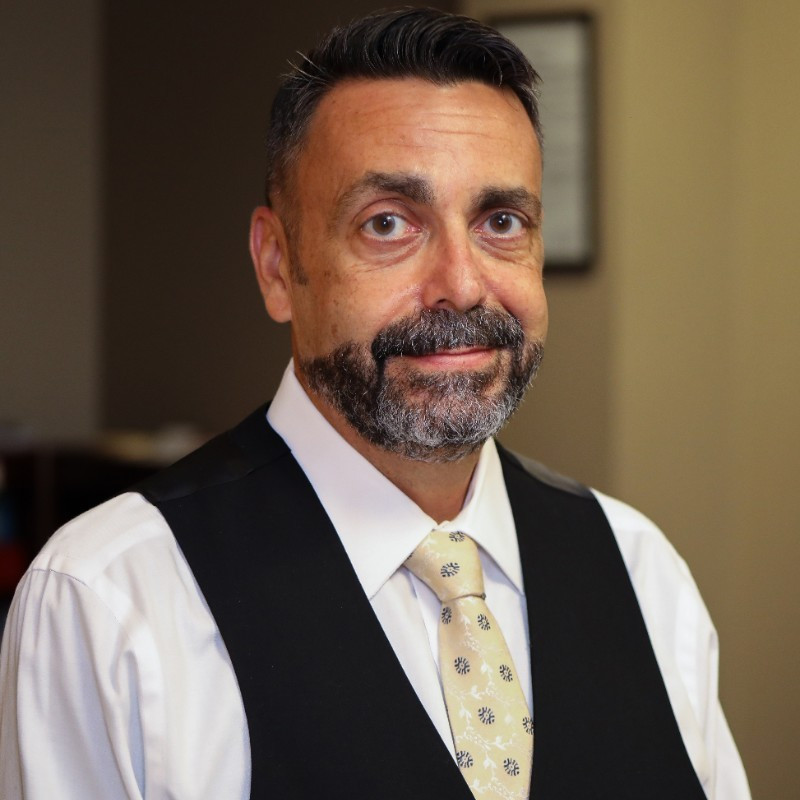
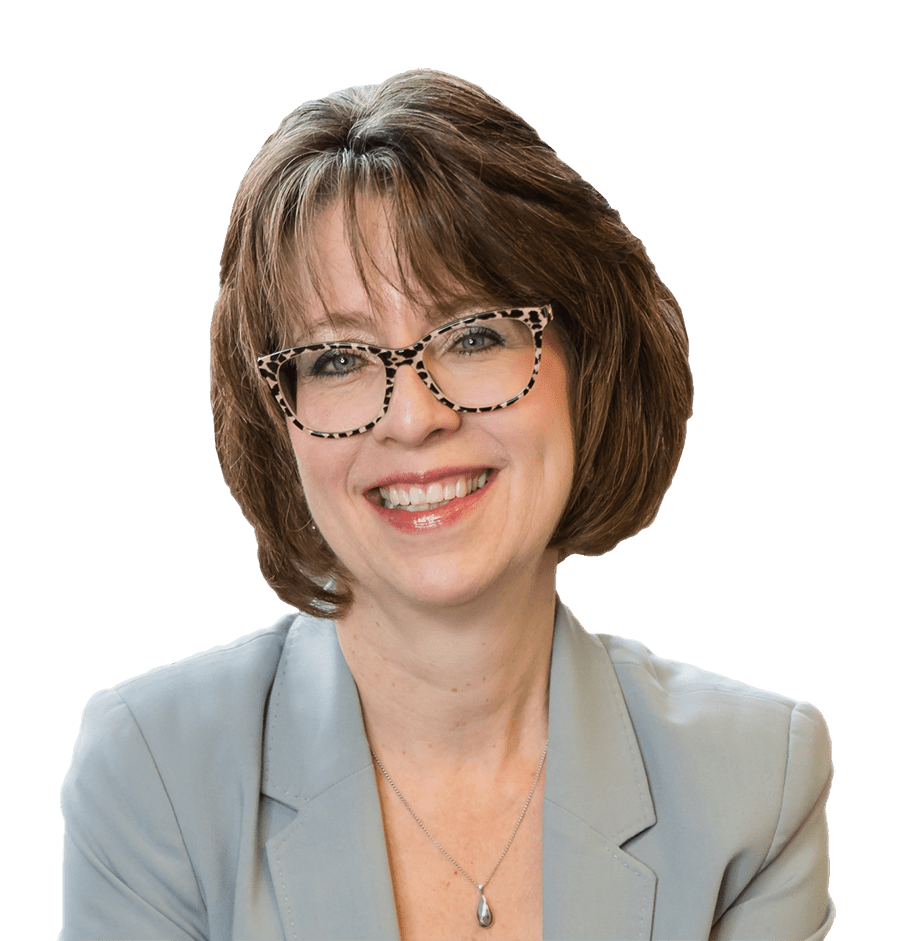
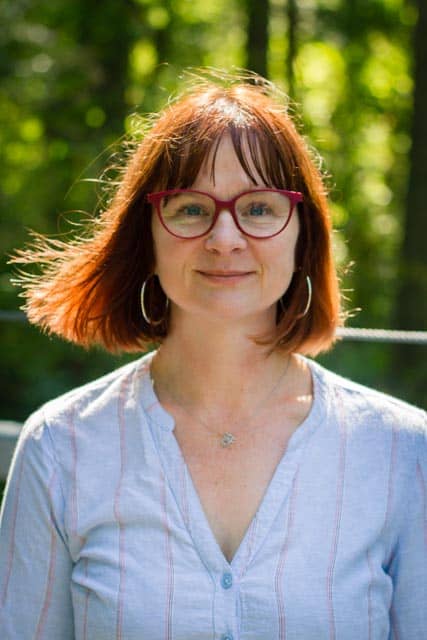
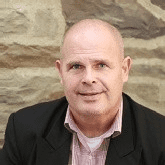
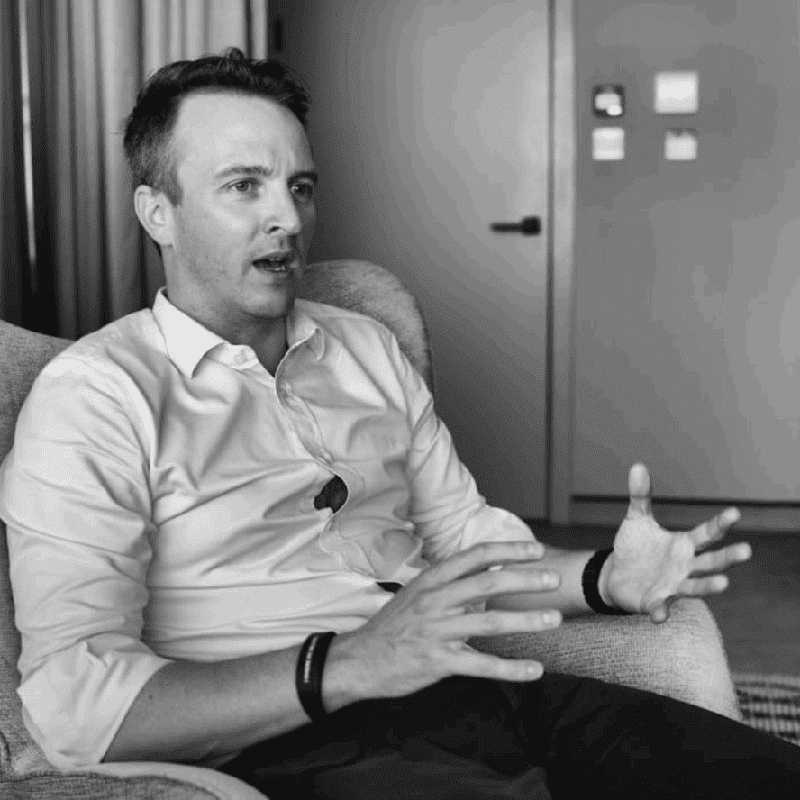
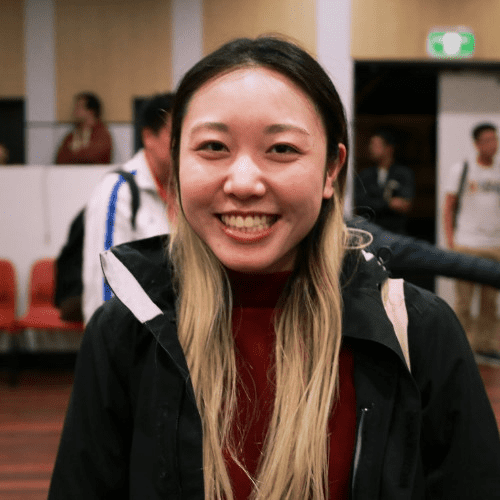
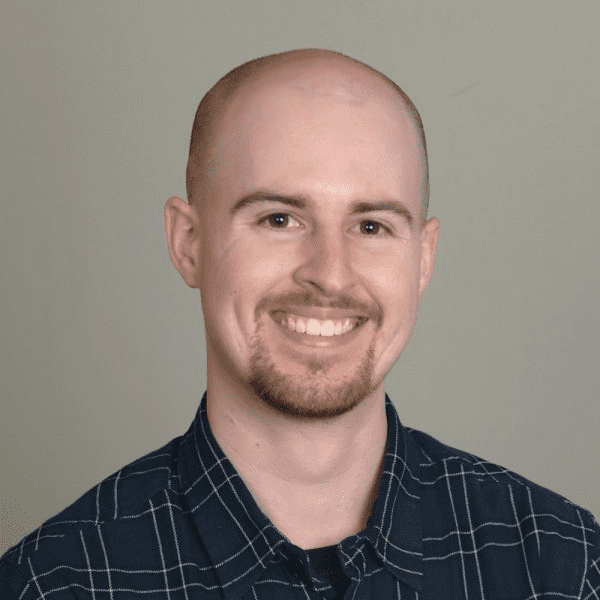

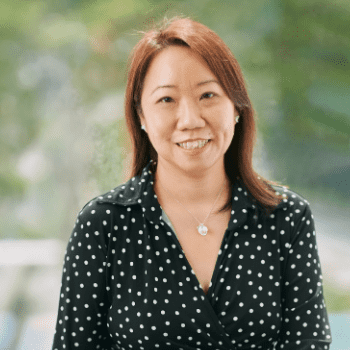
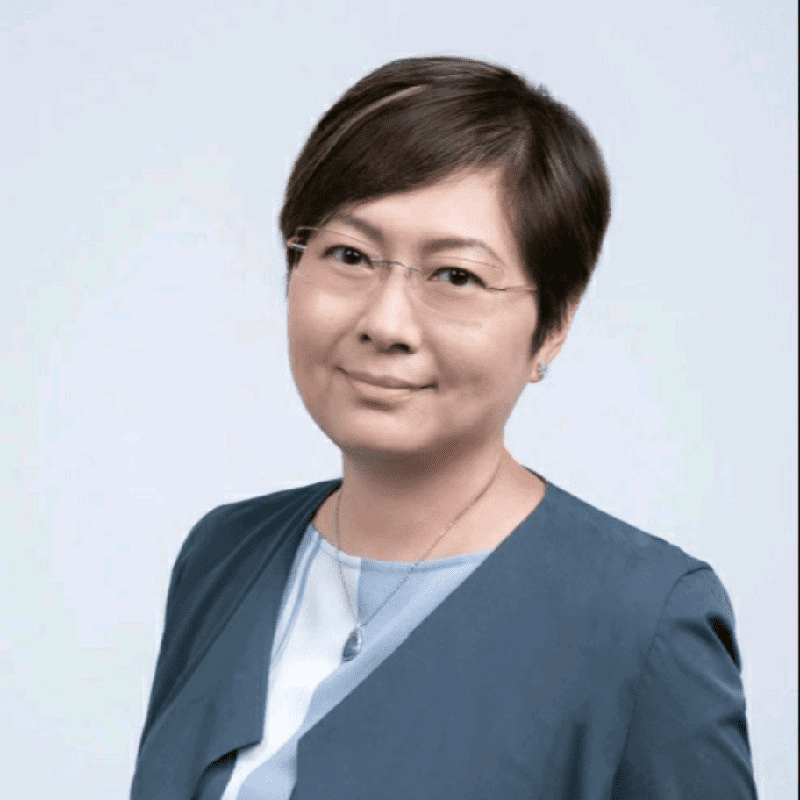





Training Overview
The curriculum brings together research, clinical work and lived experience of gamers. Students will gain knowledge of gaming culture, motivations for gaming, predatory game design, known harms of excessive gaming, comorbidities, risks and protective factors in developing gaming disorder, and specific strategies and considerations in working with clients who struggle with gaming.
15 Hours of Training
Self-paced and automated training (completed within 90 days). At the end of the training, a case formulation is submitted for review with written feedback provided.
Easy Format
Industry-leading online learning management system including text, videos, audio, graphics, and gaming simulations. Each module has an online quiz to complete (five in total).
24/7 Content Access
Content is accessible to you online 24 hours a day for 90 days. Our instructors are available to answer any questions via online training chat.
Training Curriculum
Five modules that address the psychology of games, screening for gaming issues, gaming counseling skills and case formulation.
The program includes:
- Five (5) Learning Modules, reflection questions and quizzes to test the learners knowledge of the concepts and material.
- Module Six (6) is a final assignment where the learner applies the course material to their existing clinical skills in a practical case formulation.
- The learner will need to complete the quizzes and obtain a Pass on the Final Assignment to obtain your “Proof of Completion” certificate.
In this first module, we introduce lessons on the prevalence of video gaming, esports, streaming; gamer identity; community and gamer culture; stereotypes and stigma about gaming; the many benefits of playing video games and people’s varied motivations for playing.
This module introduces ‘addicted by design’ features and persuasive techniques used by game developers to increase player engagement; common cognitive biases exploited in game design; the four ways to advance in a game; predatory monetization strategies (e.g. micro transactions) in video games; gambling-like mechanics in gaming (e.g. loot boxes and skin gambling); and, the psychological impacts of the asymmetrical relationship between game manufacturer and individual gamer.
Lessons in this module cover: common harms from excessive gaming; gaming as a new behavioral addiction; debates in gaming disorder definitions; models of addiction; gaming as a continuum from healthy to disordered; toxicity and harassment in gaming; the World Health Organization and American Psychiatric Association diagnostic criteria for online gaming disorder; three reliable and valid screening tools; subtypes of problematic gamers.
In this module, we look at the evidence on risk factors and protective factors in developing gaming disorder. We cover individual risks such as age, gender, personality characteristics (e.g. self-regulation, impulsivity), gaming-specific cognitions (i.e. maladaptive beliefs about gaming) and common comorbidities such as ADHD, depression, ASD, substance use, depression, social anxiety. We look at environmental risk and protective factors, including peers, the family context (e.g. family cohesion, warmth, restrictiveness), game-related factors and developmental issues, such as trauma.
In this module, we explore how to treat and work with clients and their families who suffer from gaming problems. Lessons include: evidence for effective interventions (e.g. cbt, pharmacological, boot camps); intake and assessment; addressing specific comorbidities in gaming clients; specific considerations to explore (e.g. in-game spending, maladaptive cognitions); techniques for managing cravings and withdrawal; working with families; cultural and spiritual issues; developing safety plans; strategies for success; physical health considerations; relapse prevention tools; harm reduction and setting gaming goals; digital boundary planning; and personal stories of successful recovery.
After completing this module, you will have gained tools, strategies and specific considerations to apply to working with this client base and their families.
In this final module, you will apply the concepts and strategies to a case formulation. You will have reflected on how to integrate this training into your existing practice and how to apply new tools into your work with gaming clients.
Learning Outcomes:
After this training, graduates will be able to:
- Demonstrate an understanding of gaming, social cultures of gaming, gamer identity, human-game interaction, benefits of gaming, and player motivations for gaming.
- Recognize: ‘addictive by design’ technology that exploits cognitive biases, gambling mechanics in gaming, and harms of gaming.
- Identify comorbidities, risk factors (vulnerabilities) and protective factors.
- Understand WHO ICD-11 criteria for gaming disorder, DSM-5 criteria for IGD, most common screening tools, and a pragmatic model of gaming as behavioral addiction along a gaming continuum.
- Understand evidence for current intervention strategies (e.g. cognitive-behavioral); review practical strategies in treating clients, including the key importance of the therapeutic relationship.
- Apply practical intervention skills and tools in working with clients and families, specific considerations, and a common pitfall, in implementing interventions with people who struggle with gaming problems.
- Assess a client, evaluate the context and develop an intervention plan.



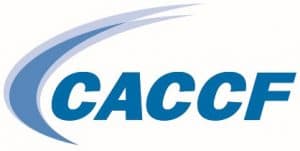
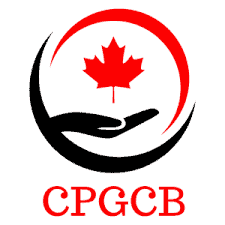

PROFESSIONAL DEVELOPMENT
15 Education Credits
Professionals may receive continuing education units (CEU) that count towards license requirements. See FAQ for regional approvals.
"There is a very thorough and excellent online training program for working with individuals who are at risk of developing problematic or disordered gaming problems. It contains an easy format to follow covering a wealth of helpful information in working with this population." –Lisa Vig
APPROVED TRAINING PROVIDER
International Certificate
Upon successful completion of the training you may be eligible to receive a certificate from an international accreditation board. See FAQ for educational criteria and other requirements.
"This training should be required for anyone planning to work with adolescents or young adults in any area of mental health or social work. It's a great way for us "older folks" to gain some insight into the digital world from our clients perspective while looking at our own thoughts and feelings about it." –Cheryl L. Mahoney
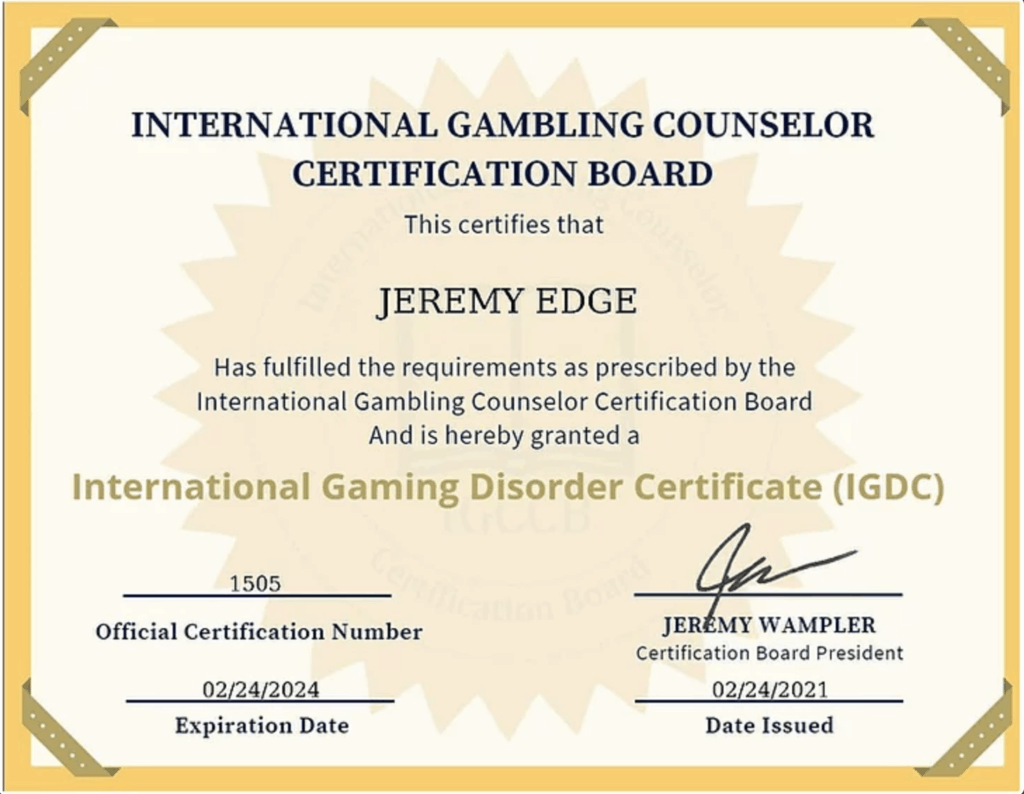
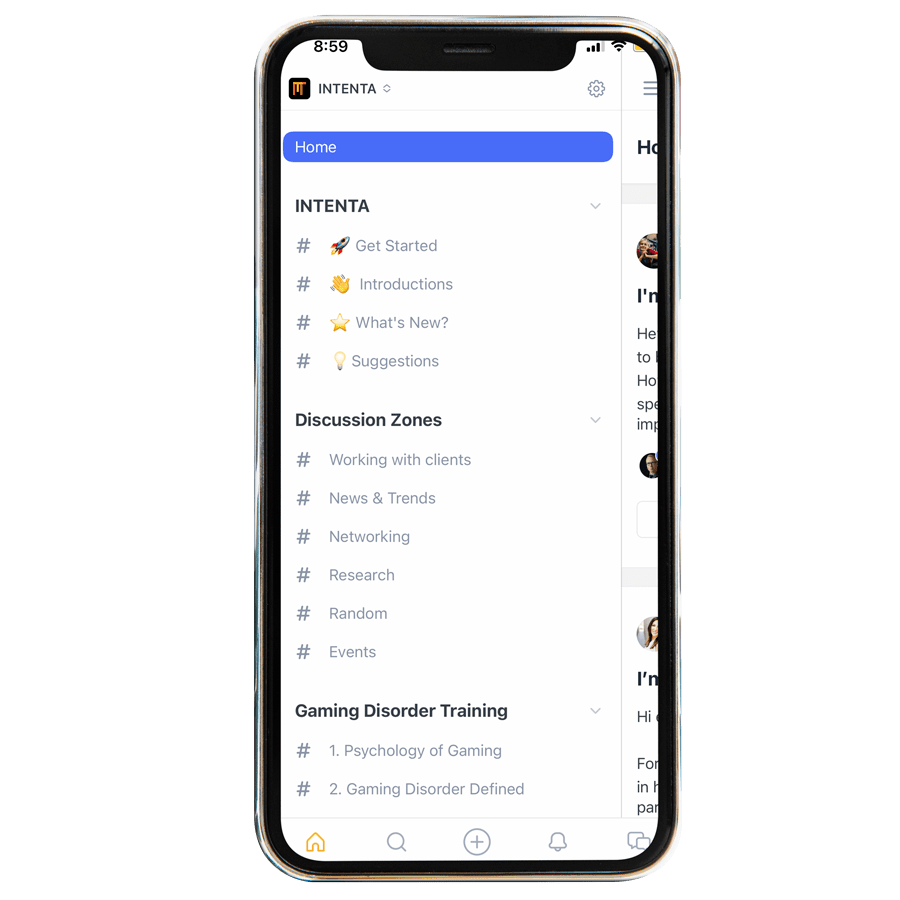
PASSIONATE NETWORK
Community Membership
Our peer support community platform is exclusively available to graduates of the INTENTA training program.
As technology rapidly evolves, committed professionals and passionate learners can maintain access to 15 hour training modules and keep up to date with emerging trends and latest research insights from additional bonus modules.
It is a space to ask questions, participate in important discussions, expand professional skills and stay current of this ever-changing field.
Taught by a team of world leading experts in gaming disorder prevention, treatment and recovery.
Widely hailed as a leading expert on video game addiction, Cam Adair is best known as the founder of Game Quitters, a support community for gamers from 95 countries. In 2017, he was named one of Canada’s Leaders in Mental Health.
Dr. Jay Berk PhD is a licensed psychologist with extensive clinical expertise in treating gaming disorder. He is a published author on Electronic and Gaming Addiction and a Child & Adolescent Social Skills Specialist who developed the REBOOT program at Grand River Academy.
Heather Luna-Rose, MEd. CCTS, has taught Child and Youth Development, and has worked with youth, LGBTQ+ and marginalized people experiencing addictions and trauma for many years.
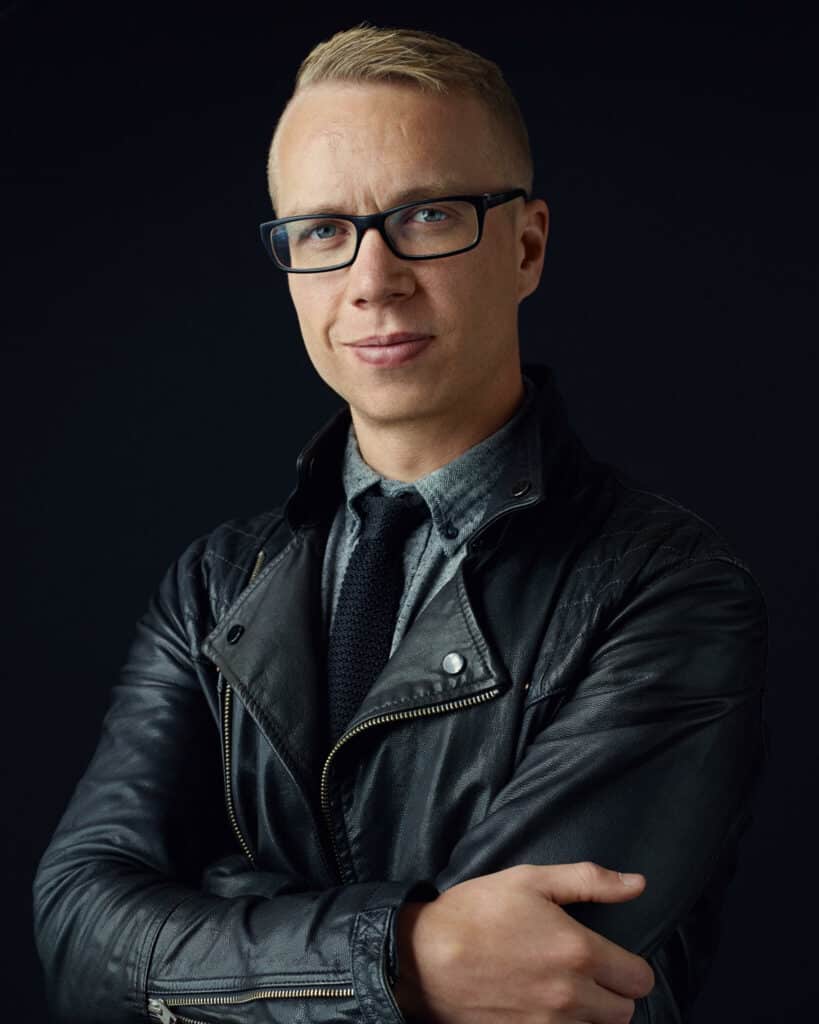
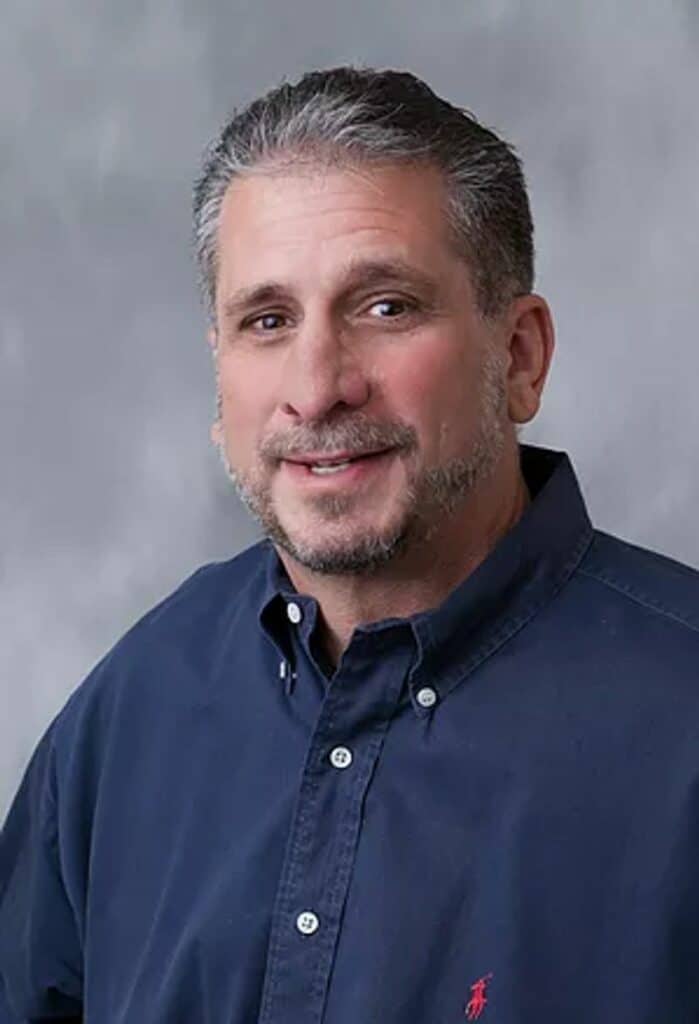
Register Today!
Individual
Payment Plan-
15 hours of training
-
90 days content access
-
Quizzes & Assessments
-
Education credits (see FAQ)
-
Learn from experts
Individual
Pay in Full-
15 hours of training
-
90 days content access
-
Quizzes & Assessments
-
Education credits (see FAQ)
-
Learn from experts
Membership
One year membership-
15 hours of training
-
Annual content access
-
Quizzes & Assessments
-
Education credits (see FAQ)
-
Learn from experts
Frequently Asked Questions
Below you will find answers to common questions. For all other inquiries please send us a message.
1. Complete the sign-up process by registering for Intenta, enrolling in the training and completing your payment.
2. You will have immediate access to begin the training.
3. Work through the training at your own pace.
4. Formulate a case, submit to our Clinical Director.
5. Pass the course or retry the case formulation.
6. If qualified (IGCCB standards), then begin working towards the IGDC. (The certificate is distinct and separate from the INTENTA training course and as such is managed by an external certification board. The certificate is purchased and completed entirely through the IGCCB.)
Once you start the training, you’ll have ninety (90) days to complete the course including the gaming zone formulation submission. The 90 day timeline does NOT begin from the date of purchase, but rather, it begins from the day you click “Start” (which includes a notification about the 90 day timeline).
Not everyone successfully completes their case formulation and presentation. Intenta training is designed to be rigorous to impart the highest quality education. If your case formulation is rejected, then you may resubmit and then present again. If your case is rejected upon second presentation, then you are welcome to retake the training at a future date.
The International Gambling Counselor Certification Board IGCCB provides the International Gaming Disorder Certificate (IGDC) to professionals who meet their requirements. For more information about the certificate please review the process, procedures, requirements and associated costs (certificate plus BACC) on IGCCB.
“IGCCB continues to lead the field, internationally, with evidence-based and best-practices certifications in problem gambling. It is time to include gaming disorders and begin legitimizing prevention, intervention and treatment research outcomes to inform practice.” – Jeremy Wamper, President, IGCCB
How do I get a certificate?
Review IGCCB application instructions and submit your documentation and fees via their site.
USA Continuing Education
INTENTA is approved as a provider of 15 hours of continuing education credits through co-sponsorship of the continuing education units by the University of Pittsburgh’s School of Social Work, a Council on Social Work Education (CSWE)-accredited provider of social work continuing education. These credit hours include LSW/LCSW, LPC and LMFT*.
*Although continuing education provided by CSWE-accredited institutions are accepted by most U.S. state licensing boards, the final authority for approving any continuing education activity rests with the social work board of the state in which you are licensed. The School of Social Work cannot assure that your state will accept these CE hours. Click here for more information and find a full list of accredited programs.
As part of INTENTA’s mission to promote and facilitate continuing education excellence, we are continually in the process of seeking approval as a provider of continuing education through new regional, national and local agencies on an as-needed basis, and will update FAQ as required.
Upon your request, INTENTA will submit your application and associated certificate fee to the University of Pittsburgh. The cost of the certificate is USD$16.50.
Yes, however you may find it challenging to complete. The training assumes that you have experience with clinical terminology, case formulation and counseling. The training by itself does NOT qualify you to present yourself or your practice as a “Gaming Disorder Specialist” and should not be used as such. Note that the International Gaming Disorder Certificate requirements are separate from this training and for more information please contact email IGCCB directly.
Yes! Most of this training focuses on the specific issues that you will see in your prevention work. For example, psycho-education presenters will benefit by acquiring a comprehensive understanding of problematic and disordered gaming. For the IGDC certificate: As long as all the other requirements are met, prevention specialists are open to apply for the International Gaming Disorder Certificate providing they can demonstrate 50 hours of developing outreach and facilitating public speaking forums/trainings specifically on the subject of Gaming Disorder.
The certificate is distinct and separate from the INTENTA training course and as such is managed by an external certification board. To discuss the qualifications and associated additional certificate costs, over and above the training price, please email IGCCB.
Yes. We stand behind our training so it comes with a 30 day money back guarantee. Contact us within 30 days of commencement of your first lesson and we will refund you in full. The certificate associated costs are managed by an external international board (IGCCB) therefore INTENTA is not liable for any related refunds.
Only one discount coupon may be used per purchase. For example, an organization discount coupon may not be combined with an early bird discount coupon.
Want to try a free lesson?
Learn about the Gamer Identity and Culture: this lesson explores negative stereotypes of gamers, the impacts of these stereotypes and stigma on people who play video games; why people may or may not choose to identity as a gamer, and the social culture of the gaming world.
Click the button below and register an account to gain immediate access to our lesson on Gamer Identity and Culture.

